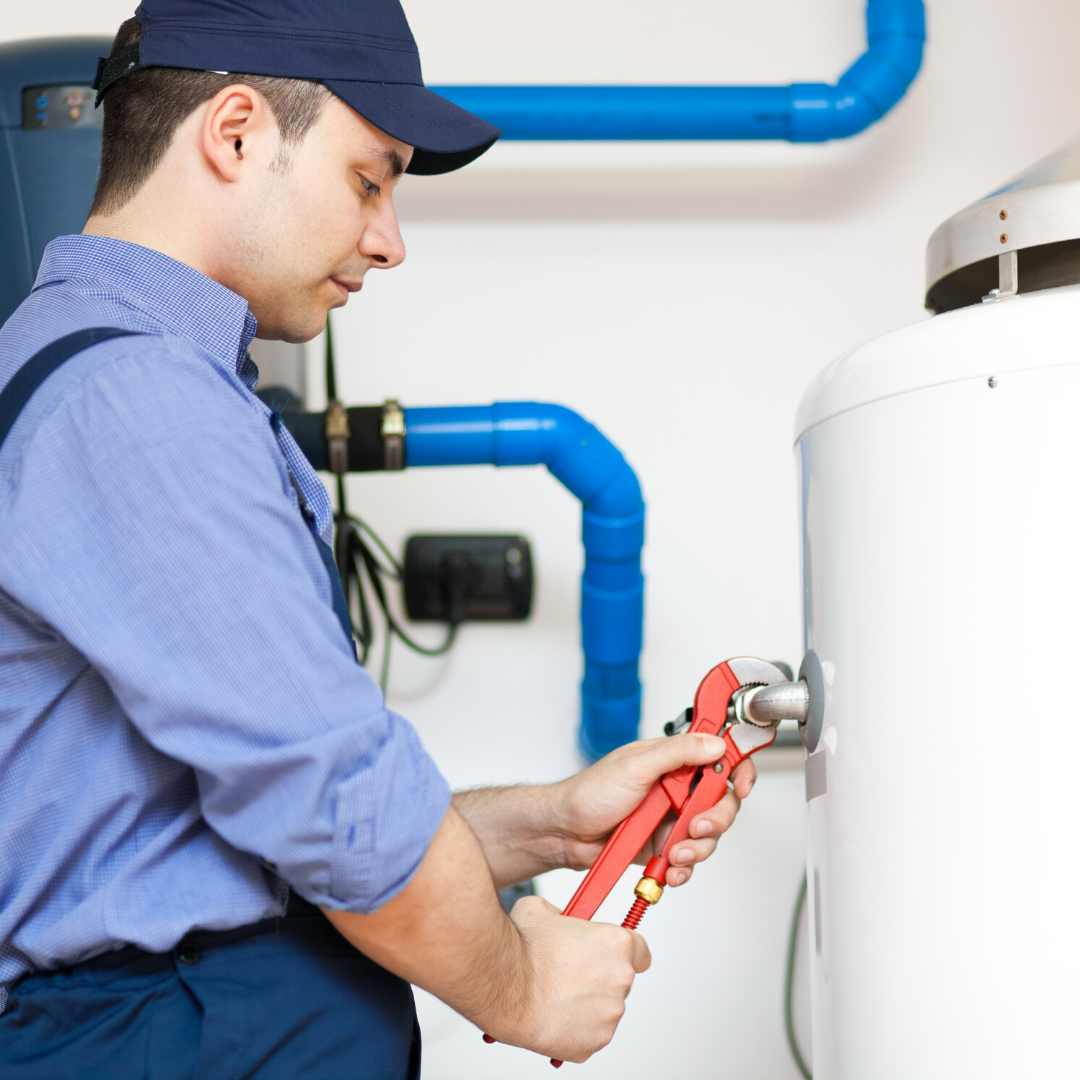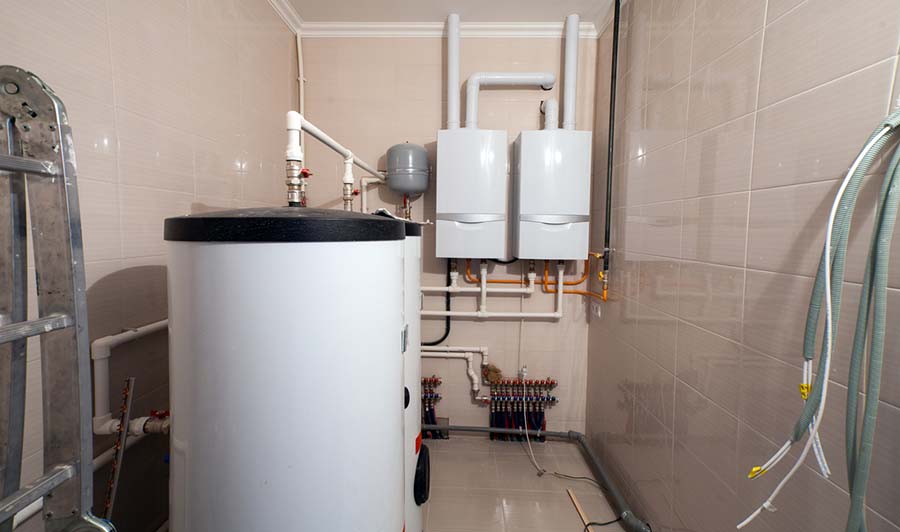Tackling the Frequently Encountered Water Heater Emergencies
Tackling the Frequently Encountered Water Heater Emergencies
Blog Article
In this article down the page you can get lots of high-quality insight concerning Is Your Water Heater Leaking?.

A hot water heater is one of one of the most vital basic home appliances that can be located in a residence. With water heaters, you don't need to undergo the stress and anxiety of home heating water manually every single time there is a demand to wash, wash, or the recipes. Nonetheless, there is constantly an opportunity that your hot water heater would act up as with the majority of mechanical devices.
It is very important to note any type of little breakdown as well as tackle it quickly prior to things get out of hand. Many times, your hot water heater begins to malfunction when there is a build-up of debris as a result of continual usage. As a precaution, regular flushing of your water heater is suggested to stop sediment buildup as well as protect against practical failure.
Usual water heater emergencies and also how to take care of them
Dripping water heater storage tank.
In this situation, you must transform off your water heater, enable it to cool down, as well as meticulously look for the source of the trouble. At times, all you require to do is to tighten up a couple of screws or pipeline connections in cases of minor leaks. If this does not function as well as the leakage continues, you may require to use the solutions of a technician for an appropriate replacement.
Fluctuating water temperature level.
Your water heater can begin creating water of various temperature levels normally ice chilly or scalding warm. In this circumstance, the first thing you do is to make sure that the temperature is set to the wanted level. If after doing this, the water temperature level maintains changing throughout showers or various other tasks, you could have a damaged thermostat. There could be a demand to change either the heating or the thermostat system of your water heater.
Too little hot water
It may be that the water heating unit can not sustain the warm water demand for your apartment or condo. You might upgrade your water heating system to one with a larger capacity.
Stained or stinky water
When this takes place, you need to know if the concern is from the tank or the water resource. You are certain that it is your water heating unit that is defective if there is no amusing scent when you run chilly water. The odiferous water can be triggered by corrosion or the build-up of germs or sediments in the water heater tank. When you see this, you can attempt flushing out your storage tank or replacing the anode if the issue persists. The feature of the anode is to clear out microorganisms from your container. Because the anode rod replacement needs a comprehensive understanding of your water heating unit, you will need the assistance of an expert.
Final thought
Some property owners overlook little warning and also minor faults in their water heater system. This only leads to further damage and also a possible full failure of your appliance. You ought to deal with your hot water heater mistakes as quickly as they come near prevent even more expenditures and also unnecessary emergency difficulties.
With water heating systems, you don't require to go through the stress and anxiety of home heating water by hand every time there is a requirement to take a bath, do the washing, or the meals. Your water heating unit could begin creating water of different temperature levels normally ice scalding or chilly hot. It might be that the water heating system can not sustain the hot water demand for your house. If there is no amusing odor when you run chilly water, then you are specific that it is your water heating system that is damaged. The stinky water can be triggered by rust or the buildup of microorganisms or debris in the water heating system storage tank.
Common Water Heater Issues and What You Should Do
What Type of Water Heater Do You Have?
Before we begin it’s first important that you identify the type of water heater you have on your property. There are two main types of water heaters out there: conventional and high efficiency.
Both of these types of products typically use either gas or electricity to heat power. There are also solar water heaters that use a thermal collector on the roof or yard to heat the water.
While these models are not as common, they can cut heating costs in half. In this article, we will focus on conventional and high efficiency.
How Do My Electric and Gas Water Heater Work?
Though they look similar, electric and gas water heaters work very differently. It’s important to know their basic function because often problems can be specific to the heating source.
In the electric model, a thermostat on the side of the machine detects the temperature of the water in the tank. When the temperature needs to rise electricity flows to a heating element suspended in the water.
Gas models also use a thermostat device — typically with a mercury sensor at the tip and an additional sensor called a thermocouple. The thermocouple detects whether the pilot light is on and controls the flow of gas.
When the thermostat drops below the appropriate level gas is released which becomes ignited by the pilot light. The flame heats the bottom of the water tank which causes hot water to rise and cold water to drop.
This natural circulation continues until the water reaches the desired temperature. Then, the thermostat triggers the gas control valve to shut off the flow of gas.
What Are the Most Common Issues and How Do You Fix Them?
https://happyhiller.com/blog/common-water-heater-issues-and-what-you-should-do/

Hopefully you enjoyed our section about Is Your Water Heater Leaking?. Thank you so much for spending some time to read our content. Be sure to set aside a second to share this write-up if you appreciated it. We take joy in reading our article about Common Hot Water Heater Problems.
Call for expertise! Report this page